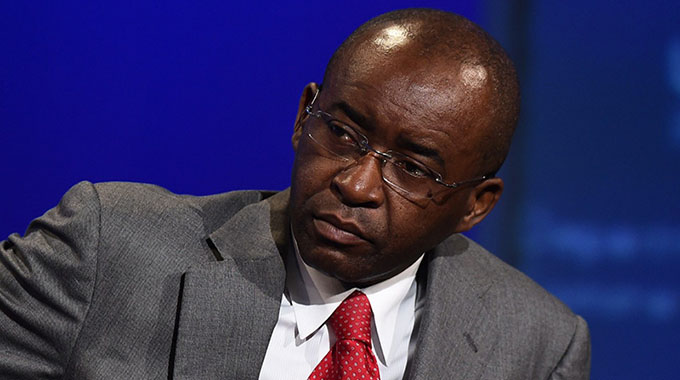Editorial Comment: A clean country begins with each one of us

Yesterday, the nation embarked on the inaugural National Clean-up Campaign which was declared by President Mnangagwa last year.
The national clean-up takes place every first Friday of the month to foster the practice of sustainable environment management and waste disposal systems.
First Lady Auxillia Mnangagwa, who is the patron and ambassador of the initiative, led the main event in Bulawayo yesterday as all provinces followed suit.
A new culture has set it.
We can only but applaud the President for conceiving the idea which is set to reap huge rewards and implore Zimbabweans to rally behind the President’s vision to achieve a clean Zimbabwe, free from a litany of diseases like dysentery and diarrhoeal conditions that thrive in unhygienic conditions.
Individuals, communities and the corporate world will have to be involved for the sustenance and success of this noble initiative.
A multi-sectoral approach is needed to restore the glamour of our cities and countryside that over the years had been blighted by litter and poor waste disposal, with local authorities seemingly turning a blind eye to the soaring problem.
It should be all hands on the deck for all stakeholders to achieve the desired result.
And that should not be an onerous task once each hand knows what is supposed to be done.
Several companies contribute directly or indirectly to litter through their products whose packaging is an eyesore and a serious threat to the environment.
Sadly, only a few are eager to maintain a clean environment.
Wanton waste disposal is yet another serious problem which the country is battling.
Economic development, rapid urbanisation and changes in consumption patterns have contributed to an increase in the quantity and complexity of the solid waste generated, the more reason why there ought to be more players to bolster the initiative whose benefits are long-term as the country thrives to attain a middle-income economy status by 2030.
Corporates will need to augment allocated resources by also setting aside budgets for litter and waste disposal to support the national clean-up exercise.
The budgeted resources can be allocated to women and youths who can start waste management projects, joining countries like Nigeria, Uganda, The Gambia and South Africa that now boast multi-million-dollar industries in the waste recycling business.
An example closer home is that of the Chitungwiza-based small to medium enterprise which produces household goods from recycled material.
On the other hand, communities and individuals should also be the vanguards of the clean-up campaign so that they exercise control and caution each other on indiscriminate littering.
It is high time communities and individuals do away with their long-held perceptions that they are only responsible for keeping their homes clean, while leaving the responsibility of their immediate environment and public spaces like streets and drains to the local authorities.
Such attitudes lead to lack of respect for tacit rules of socially responsible behaviour that President Mnangagwa is trying to correct through these national clean-up campaigns.
With a sustained clean-up campaign, we are not off the mark.
Rwanda has managed to achieve such a feat through its mandatory practice —Umuganda — where every last Saturday of the month, people across the country commit to projects aimed at improving Rwanda’s public spaces.
The Government might also need to form a national steering committee to coordinate clean-up initiatives to ensure the sustainability of the project.








Comments